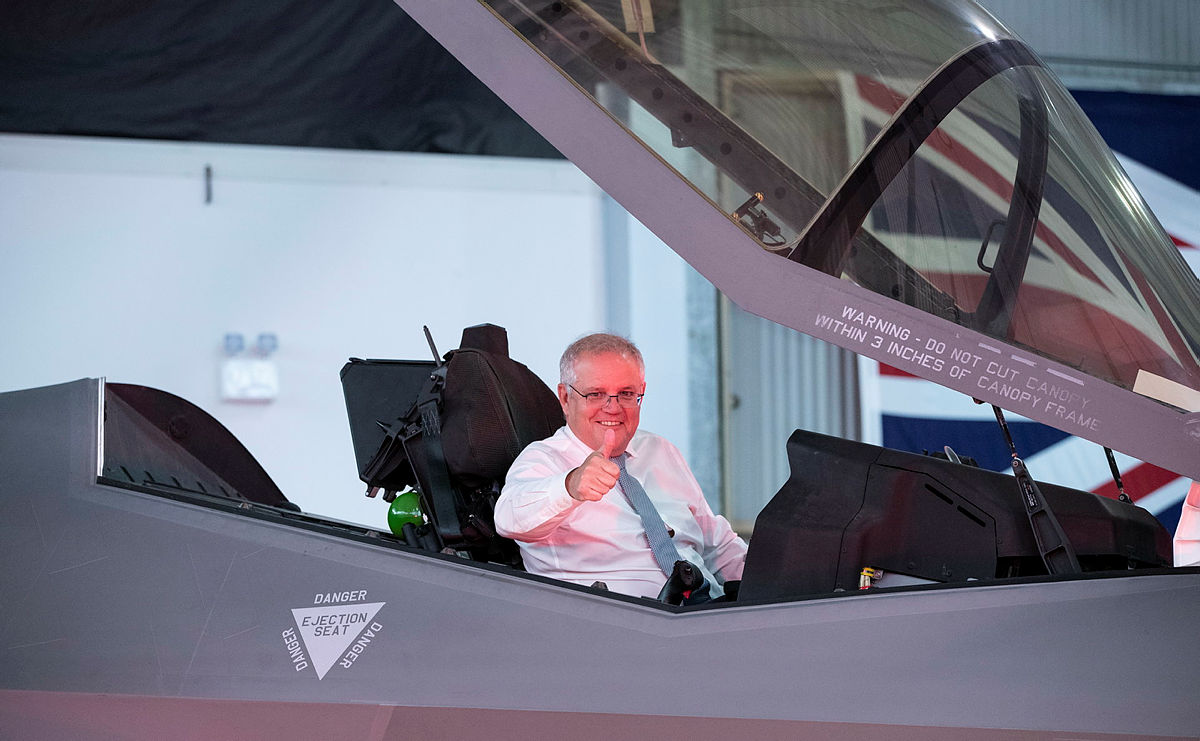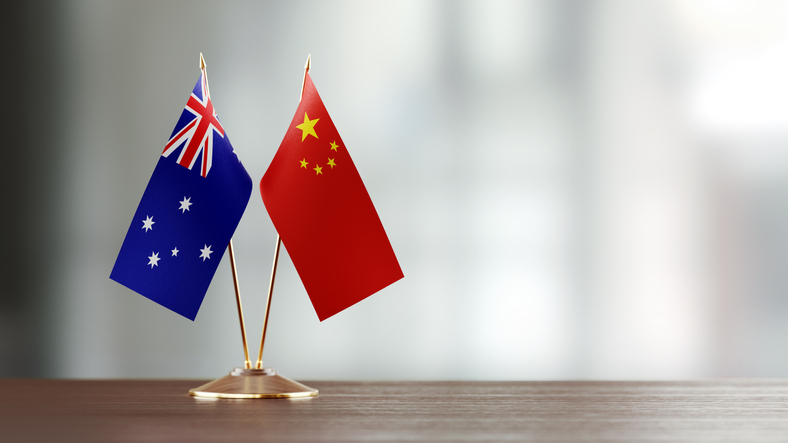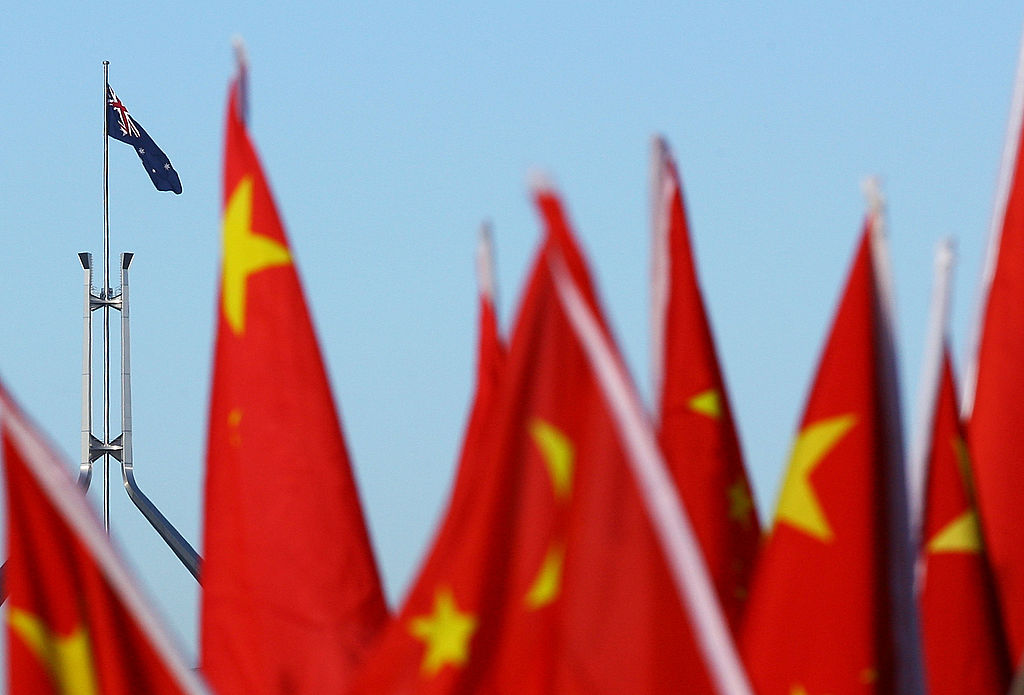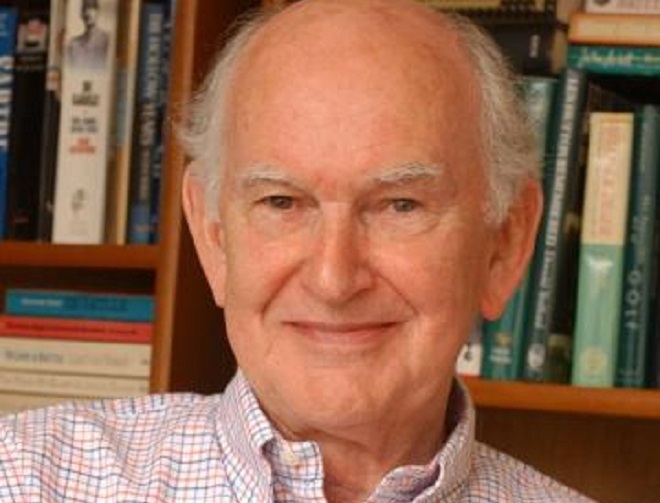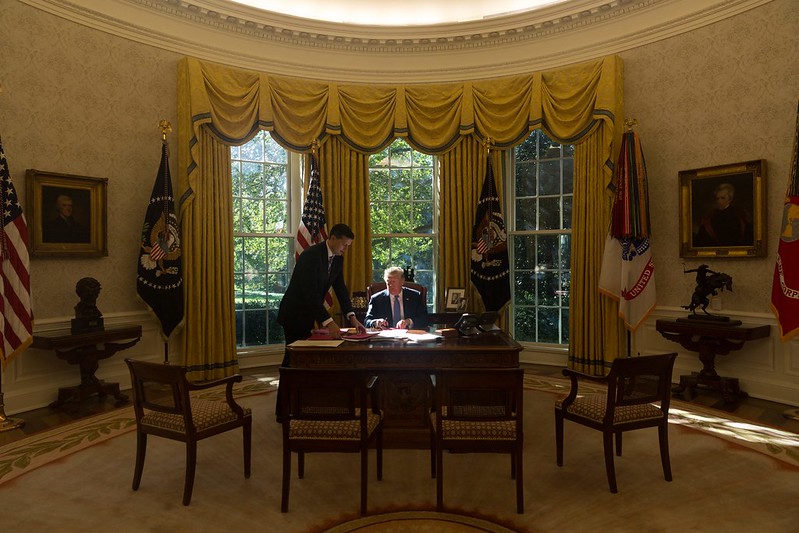Indonesia in 2035: Climate risks to security in the Indo-Pacific
The Indo-Pacific region is particularly exposed to climate impacts, and Indonesia, like many countries, will be severely affected by climate impacts in the decade to come. The effects of climate-amplified disasters, combined with the political, social and economic consequences of climate impacts originating from within and across the region, will strain Indonesia’s economic and national-security interests.
This report presents the findings of a narrative-driven scenario to stress-test Indonesia’s climate risks emerging by 2035. Its objective is to identify opportunities for Indonesia and its economic and strategic partners to prepare for and mitigate the risks.
While Australian policymakers have devoted significant attention to the existential risks that Pacific island countries face, Southeast Asian countries are also highly exposed and often face similar risks. Within Southeast Asia, Indonesia’s climate risks have received very limited attention despite its high exposure to climate hazards, its very large population (over 10 times larger than all Pacific island countries combined) which is densely concentrated in vulnerable coastal areas and small islands, and its history of political unrest associated with disruptions to food and energy security. It’s also one of the closest neighbouring countries to Australia. Figure 1 on page 5 provides a visual summary of the interacting hazards, risks and consequences highlighted in this report.
The population size of Southeast Asian countries and their often-close proximity to one another means that climate impacts in one country will often have consequences beyond their borders and for their neighbours across the region. Gaining a better understanding of how Indonesia, as the largest country in Southeast Asia, will be affected by climate developments is vital, given both the domestic and regional consequences.
Even below the ‘safe’ threshold of a 1.5°C rise in global average temperature—the aspirational target set in 2015 by the signatories to the Paris Agreement—countries around the world are already experiencing serious, record-setting, climate-driven disruptions on a large scale. The era of climate-induced disruption is clearly already upon us—and it will intensify rapidly.
Building resilience while preparing for future disruption requires an enhanced appreciation of climate risk that goes beyond adapting to more frequent and severe natural hazards, such as floods and fires.
Development-assistance and defence communities have embraced the importance of treating climate change as a threat to human, economic and traditional military security. The challenge is to build the capacity and tools to assess the broad suite of security-related risks of climate change—and to translate that information into measures to mitigate the risks. Understanding the complexity and uncertainty associated with climate trends is a daunting task, greatly complicated by the need to incorporate the many ways climate change affects social, political and economic systems.
The scenario developed in this report isn’t a prediction of the future, but rather a description of a possible future. It identifies many climate impacts, but suggests three primary pathways through which Indonesia may face compounding and destabilising climate disruptions:
- Significant food insecurity from losses to domestic production due to shifting precipitation timing and extremes across the wet and dry seasons, heightened sensitivity to shocks in global food prices, and reduced government ability to absorb economic shocks, such as food-price hikes.
- Large-scale coastal population displacement driven by Indonesia’s high coastal population density and the significant exposure of that population to sea-level rise and climate-induced coastal flooding.
- Slowed economic growth from lost agricultural output, declining revenues from stranded fossil-fuel assets, rising disaster costs at home and abroad affecting economic infrastructure and supply chains, and rising challenges in responding to domestic crises driven by food insecurity and population displacements.
A major finding of this research is that, in little more than a decade, Indonesia is likely to experience major climate disruptions that also amplify climate and security risks in the region, resulting in a range of additional and cascading risks for Australia. A second overarching finding in the report is that Indonesia may be underestimating the likely scale of the climate risks and should devote greater attention to analysing them. It’s in Australia’s interests to do the same and, as a good neighbour, to coordinate an Australian whole-of-government effort to support Indonesia to mitigate the risks, including cross-border risks.



